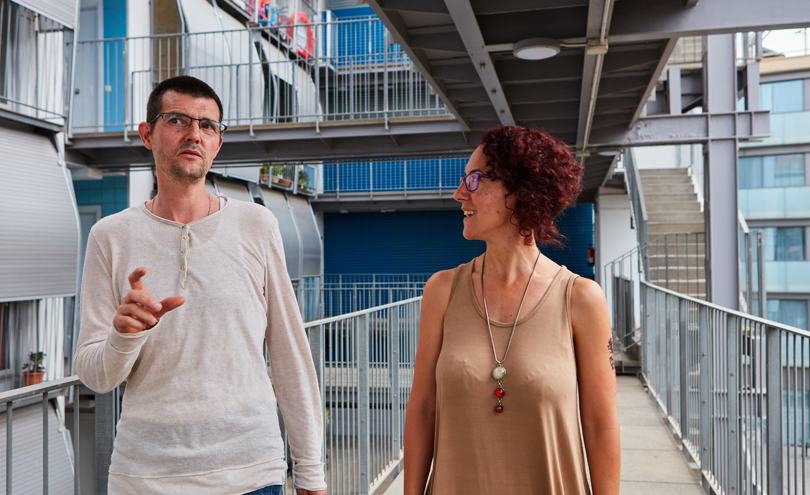Millions of tourists visit Barcelona each year, choosing to stay in apartments advertised on short-term letting platforms and playing an unwitting role in the city’s growing housing crisis. Each home taken out of circulation for local people to rent increases the pressure on affordable housing in Catalonia, which currently has a shortfall of 170,000 homes. As unemployment rises and incomes fall, those who do have a home are at increasing risk of eviction and homelessness.
The Viviendas para las Entidades Sociales project increases the supply of affordable housing in the region by acquiring and renovating empty homes or securing leases and offering them to charities working with vulnerable people. The project is run by Habitat3, which renovates the homes in collaboration with local social enterprises who train socially excluded people to help them find work in the future. Habitat3 manages the homes and the charities select the tenants, providing ongoing support in areas such as mental health, drug addiction, disability, gender violence and migration.
Currently, 99 renovated homes are managed through the project, providing a home for 187 vulnerable tenants. Habitat3 is working with Barcelona City Council and the Catalan Government to ensure it can provide more homes and give more people the opportunity to build a better life.




















